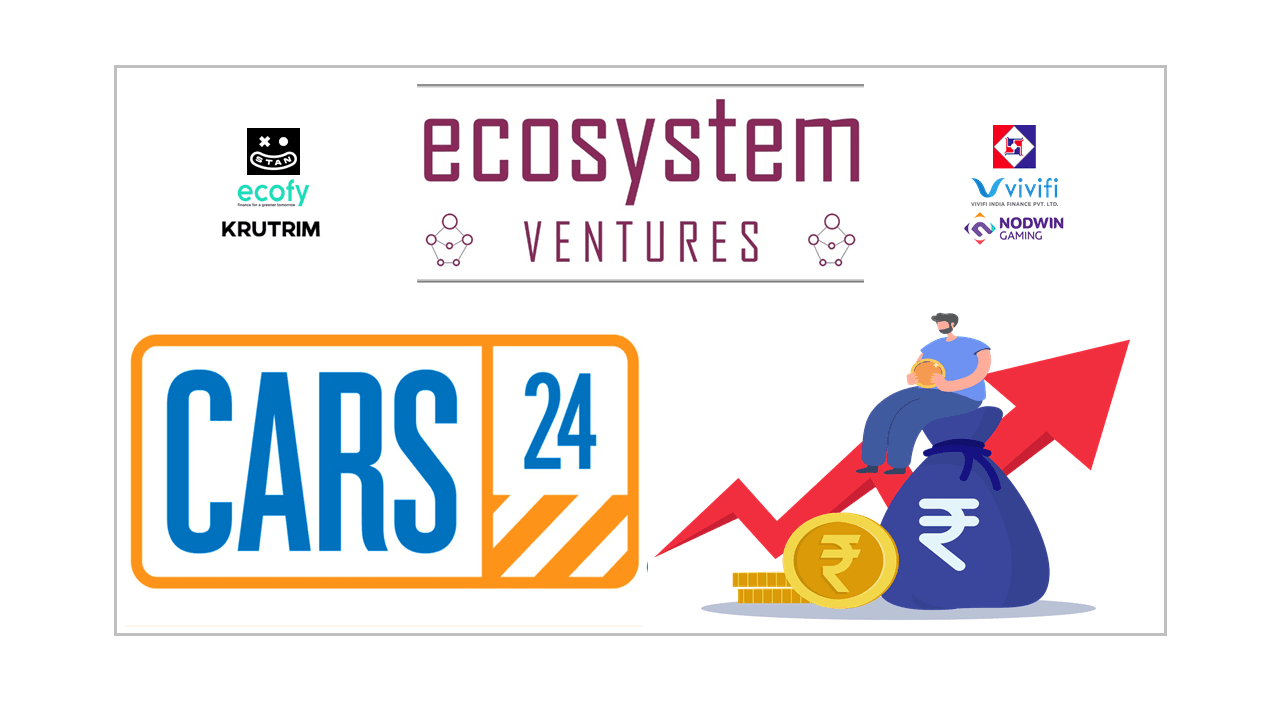Is India’s 70-Year Struggle Poised to Create a $1 Trillion Manufacturing Hub?
India, after 75 years of independence, has surpassed the UK economy to become the world’s fifth-largest economy, with the projections indicating a GDP exceeding $15 trillion by 2047, making it the third-largest globally. Amid a gloomy global outlook, India stands out as a beacon of economic promise, set to become the fastest-growing large economy.
India’s growth trajectory has been distinct, with services experiencing rapid expansion while manufacturing has lagged. In 2017, services contributed 45% to GDP, rising to 55% by 2023, while manufacturing remained stagnant at around 15%, reaching 17.7% by 2023.
To achieve its goal of a $20 trillion economy by 2047, India must focus on boosting manufacturing, aiming for a sector worth $4.5 trillion and elevating its GDP share to 22%. This presents a crucial opportunity for India to shine on the global stage.
India emerged as a potential manufacturing powerhouse from 2022 onwards, leveraging strengths in chemicals, pharmaceuticals, automotive, textiles, and electronics. Major players like Samsung, Wistron, and Foxconn shifted production to India due to strong manufacturing capabilities, R&D infrastructure, and policy support.
By becoming the 3rd largest exporter and 2nd largest manufacturer of mobile devices, India achieved remarkable growth in manufacturing exports. Due to these developments, manufacturing exports have seen tremendous growth of 15% CAGR over 2022 and 2023. They were growing between 5% and 10% during pre-COVID and reached $418Bn in FY22.
New-age sectors such as renewable energy, drone manufacturing, defense, and space technology further fueled growth. Despite significant progress, India faces challenges in achieving optimal scale compared to global giants like China and Taiwan.
To enhance global competitiveness, the government implemented initiatives like Make in India, the Bharatmala Project, Start-up India, Atmanirbhar Bharat, and Free Trade Agreements aimed at attracting investments across various sectors. However, India aims to address these challenges and boost manufacturing capabilities to compete on a global scale.
India aims to boost its manufacturing sector’s GDP share to 25% by 2030 from the current 17.7%. Initiatives like Make in India 2.0 and projects such as Telangana’s Mega Textile Park are fostering manufacturing growth. Public-private partnerships like the Chennai-Singapore Industrial Park and skill development programmes such as the Pradhan Mantri Kaushal Vikas Yojana are enhancing competitiveness. Major investments, like the Rs. 9,000 crore polycarbonate plant in Gujarat and Apple’s increasing iPhone production, are strengthening India’s manufacturing prowess. India is also progressing towards semiconductor self-reliance with its first indigenous fabrication unit. In pursuit of global competitiveness, India is actively pursuing free trade agreements (FTAs) with 16 foreign entities, aiming to become the second most connected trade partner globally.
The government targets India to be a ‘developed country’ by 2047, concurrently becoming the third-largest economy worldwide. Despite historically low manufacturing sector contributions to GDP (around 15–16%), India’s strategic initiatives aim to propel manufacturing as a key driver of economic growth.
The substantial emphasis across various sectors is driving forward the potential for manufacturing in India. With the current value standing at ~$600 billion, even achieving a modest 20% growth by 2030, when India is projected to reach $7 trillion, would result in nearly doubling the figure to $1.2 trillion in the manufacturing sector.
Startup Funding Summary
Perfios, Bengaluru-based fintech company, has raised $80 Mn in Series D1 funding from Teachers’ Venture Growth – Read More
CureSkin, Bengaluru-based health-tech platform, has raised $20 Mn in Series B funding from Healthquad, JSW Ventures, Khosla Ventures and Sharrp Ventures – Read More
Lohum, Delhi-based semiconductor manufacturer, has raised $15 Mn in Series B funding from Singularity Growth, Vyoman India, Baring Private Equity, Mukul Agarwal and Madhuri Madhusudan – Read More
BlackSoil, Mumbai-based fintech firm, has raised $12 Mn in a funding from Allcargo Logistics, Navneet Education, Mahavir Agency and Florintree Advisors – Read More
Freed, Gurugram-based fintech service provider, has raised $8 Mn in a funding from Sorin Investments, Multiply Ventures, Piper Serica Fund and other HNIs – Read More
M&A Snippets
Bengaluru-based metaverse & gaming company OneVerse has acquired Kolkata-based online poker platform Calling Station and Ahmedabad-based online sports platform BatBall11 for undisclosed amount – Read More










